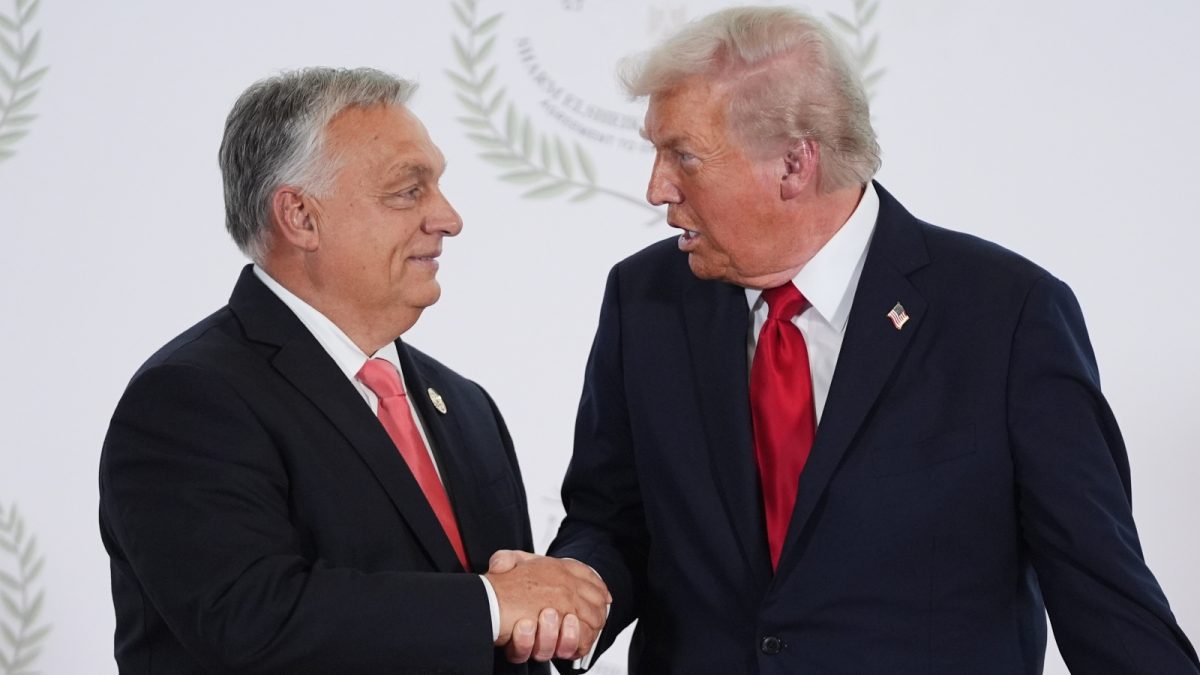ARTICLE AD BOX
Last Updated:November 13, 2025, 22:46 IST
The new legislation centralises authority and redefines key leadership roles in the military high command, most notably establishing the army chief as chief of defence forces

The new position of chief of defence forces is likely to come with a five-year tenure, potentially allows army chief Field Marshal Asim Munir to remain in office until November 2030. (Image: AP/File)
Pakistan has reportedly approved significant legislative changes impacting its armed forces, encapsulated in the Pakistan Army Act Amendments, 2025, alongside similar acts for the navy and air force.
The amendments, detailed in a bill recently tabled in the Pakistan parliament, signal a profound structural shift in the highest military command. The new legislation centralises authority and redefines key leadership roles, most notably establishing the army chief as the new chief of defence forces (CDF).
According to sources, this new position is likely to come with a five-year tenure commencing from the date of notification. It potentially allows army chief Field Marshal Asim Munir to remain in office until November 2030, they said.
WHAT ARE THE MAJOR CHANGES?
A primary alteration is the enhanced power vested in the army chief regarding crucial appointments, allowing centralisation via the chief of defence forces (CDF).
Here’s what you need to know:
- The most striking feature of the new legislation is the formal establishment of the army chief as the CDF. This new position is likely to come with a five-year tenure, commencing from the date of notification.
- The text of the bill states that the federal government shall now appoint the vice chief of army staff (VCOAS) or deputy chief of army staff (DCOAS) solely on the recommendation of the CDF. The VCOAS shall perform his powers and duties strictly in light of the instructions given by the army chief.
- In section B, the legislation explicitly replaces the word “government", stipulating that appointments shall instead be made based on the army chief’s recommendation.
- This centralisation is further cemented by the amendment that clause 8G shall be abolished, meaning the post of chairman joint chiefs of staff committee (CJCSC) shall cease to exist from November 27, 2025.
- The CDF’s influence extends to the sensitive national strategic command (NSC), for which the Prime Minister shall appoint the commander for a three-year term based on the recommendation of the army chief and CDF.
- The NSC commander, who serves in the army as a general, may also be reappointed by the PM for another three-year term upon the CDF’s recommendation.
- Critically, the legislation protects these actions stating that the appointment, reappointment, or extension of the NSC commander shall not be challenged in any court.
- Additionally, the provisions regarding retirement age, tenure of service, and removal under the Army Act shall not apply to the NSC commander.
- While the federal government determines the duties and responsibilities of the army chief, or CDF, it is explicitly restricted from limiting these duties and responsibilities in multi-domain areas.
- These amendments firmly concentrate ultimate command and strategic authority within the CDF’s office, creating a powerful, singular military leadership structure.
Group Editor, Investigations & Security Affairs, Network18
Group Editor, Investigations & Security Affairs, Network18
Location :
Islamabad, Pakistan
First Published:
November 13, 2025, 22:46 IST
News world Asim Munir In Office Till 2030: How Changes In Pakistan's Army Acts Centralises Military Authority
Disclaimer: Comments reflect users’ views, not News18’s. Please keep discussions respectful and constructive. Abusive, defamatory, or illegal comments will be removed. News18 may disable any comment at its discretion. By posting, you agree to our Terms of Use and Privacy Policy.
Read More

 1 hour ago
3
1 hour ago
3









 English (US) ·
English (US) ·